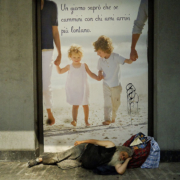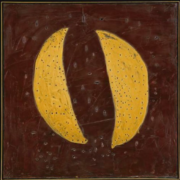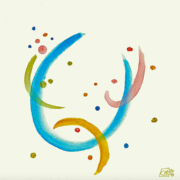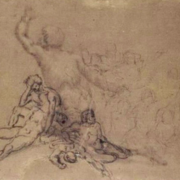Introducing Bion and Jung
The comparison between Bion’s and Jung’s thought has become, in recent years, a field of growing interest, for a part at least of psychoanalysts and analytical psychologists, the one more open to dialogue and a ‘pluralist’ attitude towards knowledge. This issue of Funzione Gamma stems from Stefania Marinelli’s invitation to explore this field. As a result, authors from various backgrounds (including psychoanalysis, analytical psychology, and group psychoanalysis) have come together here. Therefore, it seems necessary to make a premise regarding the ‘small group’ constituted by the authors present here with their work.
There is a highly complex interweaving of historical and phantasmatic issues whenever a comparison (or confrontation) between authors can be traced back to the vicissitudes of the history of psychoanalysis.
The event that first united and then separated Freud and Jung is considered a sort of mythical antecedent with traumatic aspects, still needs to be thoroughly elaborated. So, it has indeed left traces through transgenerational transmission in the various generations of analysts of both schools, even more than a century later.
Therefore, I think that all the stratifications of the dynamics that have Read more












